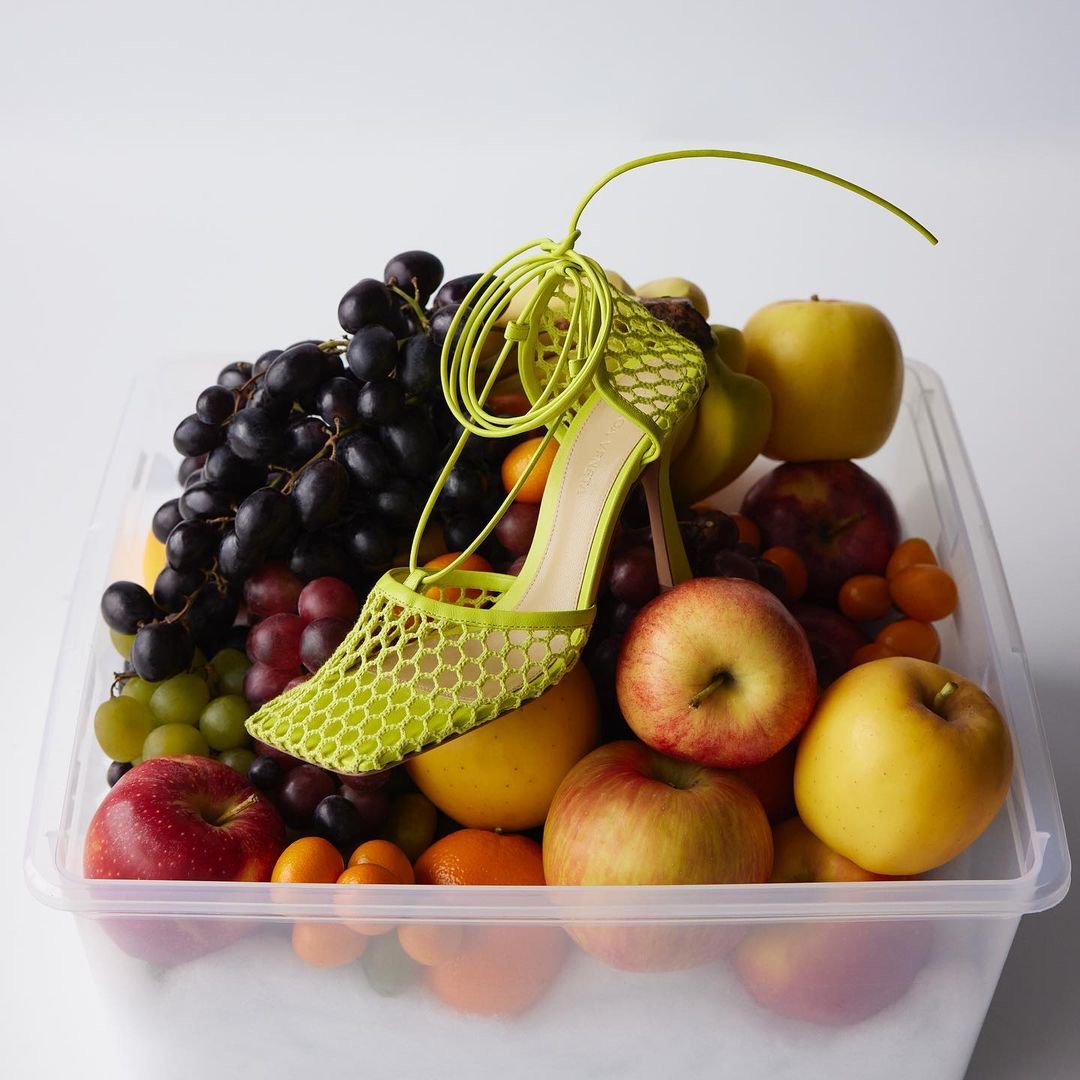Isn’t it crazy to think that you only have an average of twelve periods a year? Doesn’t it feel like so many more than that simply because of all the stress and annoyance that comes along before and during? Menstruation is something that nobody looks forward to, and we all have our own little ways of dealing with the way that it makes us feel. Have you ever, though, thought about it from a nutritional standpoint? A nutritionist's tips for surviving that time of the month are worth a try.
Snapshot Survey
Thanks for sharing your thoughts!
Please subscribe for your personalized newsletter:
Successfully subscribed!
Thank you for subscribing! Check your inbox for personalized content.
1. Magnesium
Something you should be aiming to do is increase your magnesium levels. Doing so can aid in reducing lots of PMS symptoms from bloating to headaches to fatigue and fluid retention. Magnesium is a natural muscle relaxant so it will help with cramping too.
2. Fennel
Fennel seed extract is something that you can use as a natural form of painkiller, so obviously, it can be helpful during menstruation for the inevitable cramping. Its anti-inflammatory properties are what it makes it so special.
3. Evening Primrose Oil
You experience pain during your period when your body experiences a surge of inflammatory prostaglandins. Evening primrose oil has been proven to be able to balance out those prostaglandins and reduce discomfort.
4. Gut Health
You need to take control of your gut health even more than usual during your period. Make sure that you take in lots of probiotics like yogurt and kefir to keep your bowels moving regularly to avoid menstrual bloating.
What you choose to wear while working out can have a significant impact on your comfort and performance. One essential item is the sports bra. Lack of proper support can lead to discomfort and muscle tissue damage. Choosing a good sports bra can help prevent these problems and ensure a great workout!
5. Liver
Look after your liver, because it is your liver that helps to remove excess oestrogen via things like bile and urine. Keep it as well functioning as possible by using an excellent detoxifying herb like milk thistle.
Gallery Spotlight
Save and share the images that inspire you. Tag @allwomenstalk to get featured.
Save
6. Healthy Diet
All areas of your health will improve with a good diet, including menstrual health. Cut out all the processed foods and unhealthy fats that can lead to an oestrogen imbalance, instead aiming for a more natural selection of foods that contain good fats and lean protein.
7. Reduce Chemicals
Your body is going through enough as it is during menstruation, so you want to try to limit your external chemical input. Overexposure to things like agrochemicals, cleaning products, and car fumes can actually play a part in increasing period pains. I bet you didn’t know that!
Snapshot Survey
Thanks for sharing your thoughts!
Please subscribe for your personalized newsletter:
Successfully subscribed!
Thank you for subscribing! Check your inbox for personalized content.
Comments

Don't Miss the Latest Version
Get the latest stories, save favorites, and share with friends — all in one place.
Create your profile. Earn badges. Level up your reading.
Join Allwomenstalk to track your streaks, collect badges, and earn XP for the things you already do—reading, sharing, and taking quizzes.
- 🔥Daily streaks with gentle boosts for 3, 7, and 30 days.
- 🏅Collect badges like Reader I–III, Socialite, and Quiz Ace.
- ⚡️Earn XP for reads, deep reads, likes, comments, and shares.
It’s free. Takes 30 seconds. Already have an account? Sign in.



